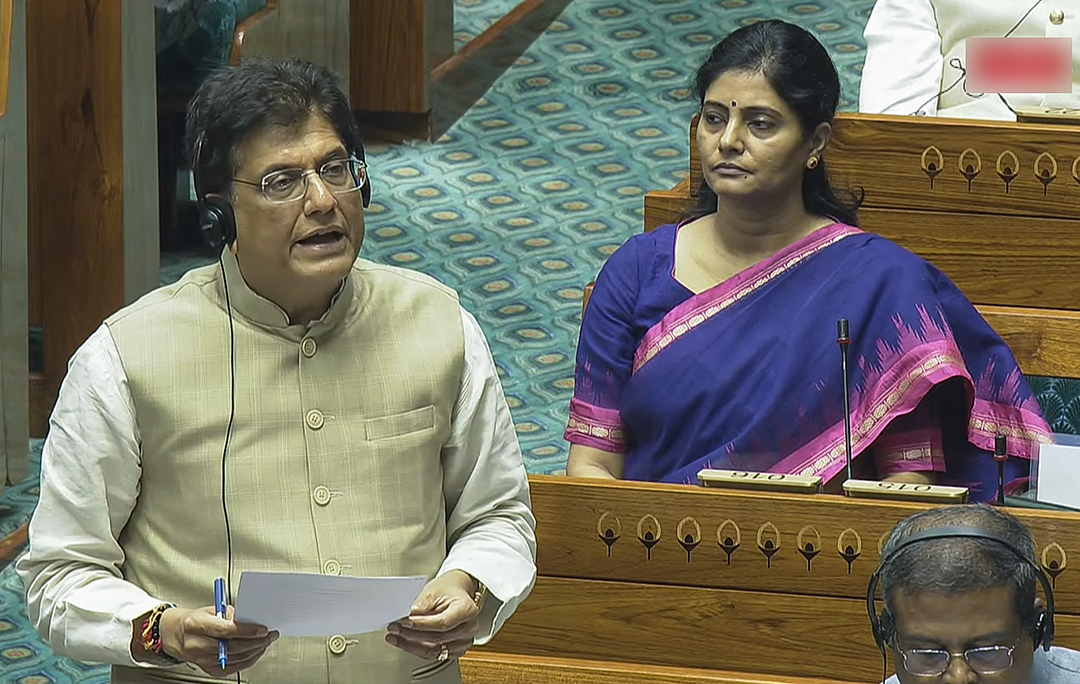The Union Minister for Commerce and Industry, Piyush Goyal, on Monday introduced the Jan Vishwas (Amendment of Provisions) Bill, 2025 in the Lok Sabha. The Bill, earlier cleared by the Union Cabinet, seeks to further expand the government’s reform agenda aimed at improving the ease of doing business and promoting ease of living.
Goyal has requested that the Bill be referred to a Select Committee, which will be constituted by the Speaker and is expected to submit its report by the first day of the next session.
The Bill builds upon the Jan Vishwas (Amendment of Provisions) Act, 2023, which was the first consolidated legislation to decriminalise minor offences across multiple laws. The 2023 Act, notified in August 2023, had decriminalised 183 provisions across 42 Central Acts administered by 19 ministries and departments.
In its latest expansion, the 2025 Bill covers 16 Central Acts under the purview of 10 ministries and departments. A total of 355 provisions are proposed to be amended, of which 288 will be decriminalised to promote ease of doing business, while 67 have been proposed with the objective of facilitating ease of living. The amendments also include provisions under the New Delhi Municipal Council Act, 1994, and the Motor Vehicles Act, 1988, to make compliance smoother for citizens.
The Bill proposes to replace imprisonment clauses for minor, technical, and procedural defaults with monetary penalties or advisory warnings. For 76 offences under 10 different Acts, first-time contraventions would invite either an advisory or a warning instead of punitive action. Penalties have also been rationalised, with graduated fines for repeat offences to ensure proportionate action. To reduce judicial burden, designated officers will be empowered to adjudicate and impose penalties through administrative processes.
Additionally, the Bill provides for a 10 per cent automatic increase in fines and penalties every three years, eliminating the need for repeated legislative amendments. Some Acts already covered under the 2023 law, such as the Tea Act of 1953, the Legal Metrology Act of 2009, the Motor Vehicles Act of 1988, and the Drugs and Cosmetics Act of 1940, have also been proposed for further decriminalisation in the current Bill.
The government has described the move as a milestone in India’s regulatory reforms. It reflects the vision of “Minimum Government, Maximum Governance” and is expected to contribute to sustainable economic growth while creating a more business-friendly environment.














